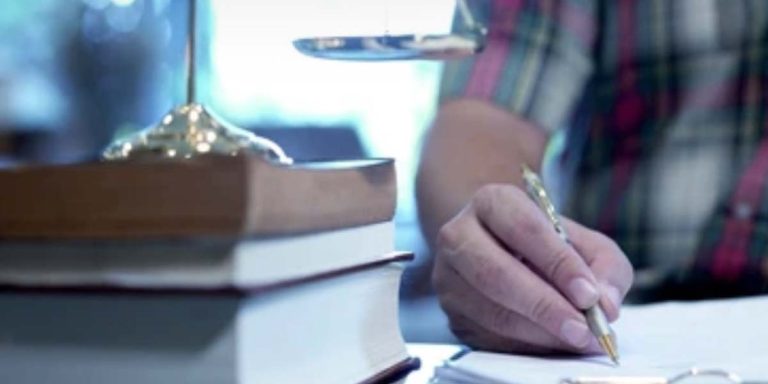
How long does settling an estate without a will take?
Estate Planning Lawyers & Settling With No Will The procedure of settling an estate in New York can be complicated and time-consuming, especially if the
Home » Estate Planning » Page 59

Estate Planning Lawyers & Settling With No Will The procedure of settling an estate in New York can be complicated and time-consuming, especially if the

Estate Planning Lawyers & Length To Pay When a man or woman passes away, their property commonly goes via a felony manner known as probate.

Estate Planning Lawyers & Living Trusts A dwelling belief is an estate planning device that permits men and women to manage their property during their

Estate Planning Lawyers & Administrators When a person passes away and leaves property behind, their property generally ends up phase of their estate. In the

Estate Planning Lawyers & Executors on Bank Accounts When it comes to financial institution accounts, it is essential to understand the roles of beneficiaries and

Estate Planning Lawyers & Executors Selling Property When it comes to promoting a property with a couple of beneficiaries in New York, it can be

Estate Planning Lawyers & Suing an Estate When a cherished one passes away, their property is inherited by using their beneficiaries. However, in some cases,

Estate Planning Lawyers & Selling Property from Heirs In New York, the system of selling inherited property can be elaborate and confusing. One question that

Estate Planning Lawyers & Executors Dealing With Accounting In the country of New York, when an individual passes away, the executor is accountable for managing

Estate Planning Lawyers & Eldest Child Inheritances The thinking that the oldest child continually inherits the whole thing is a frequent misconception. In reality, inheritance